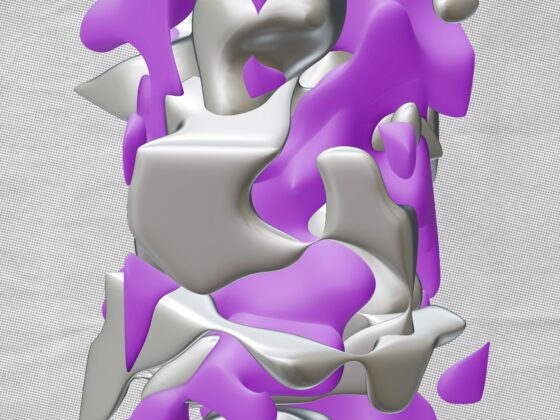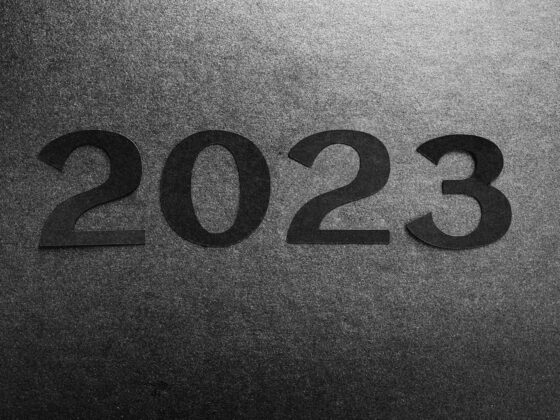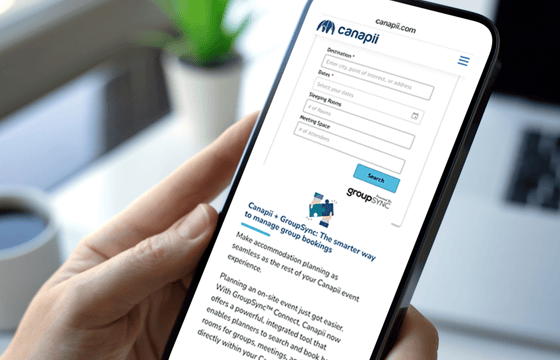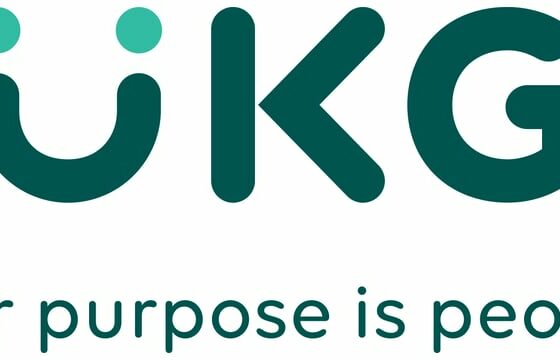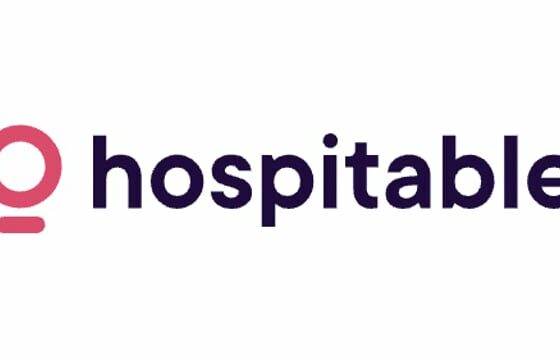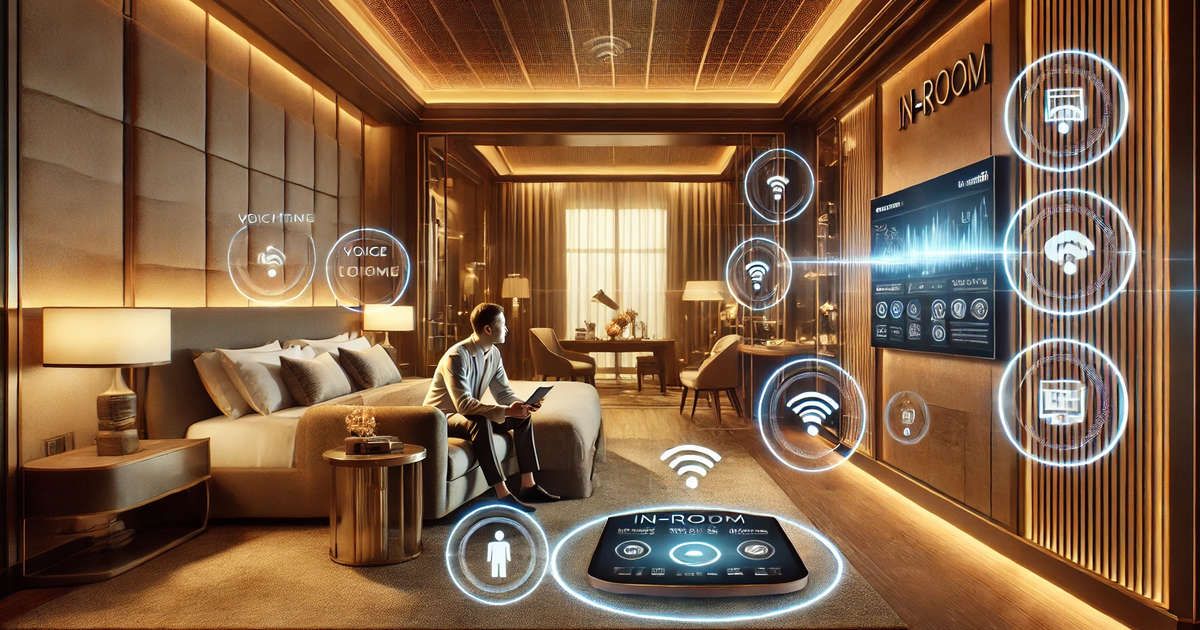
Should the front desk team spend time switching between systems to ensure their have the latest information about the guest? Or just have it all on their main dashboard?
This isn’t a hypothetical question anymore. It reflects the daily decisions for hoteliers managing increasingly complex digital operations. For years, many in the industry leaned into the idea of “best-of-breed,” carefully assembling top-tier tools for each function, believing it offered unmatched flexibility.
And at the time, it did. But the landscape is evolving.
All-in-one platforms are quietly becoming the go-to choice. Not because they’re flawless, but because they offer something that’s becoming essential: simplicity and cohesion. One contract, one service level agreement, and one vendor who takes full responsibility. That’s more than convenience, it’s peace of mind.
Why Best-of-Breed Is Starting to Show Its Limits
The best-of-breed model gained popularity when hotel tech options were fewer and farther between. You had your core PMS, then carefully added best-in-class tools: revenue management, CRM, booking engines, and more. But while each tool might have excelled individually, they often didn’t mesh well.
The result? Disconnected systems, increased integration costs, and fragmented data. According to a 2025 industry survey, 73% of hotel operators reported issues integrating multiple applications. That friction eats into productivity and creates operational drag.
Other industries have faced similar challenges and moved toward unified platforms. In marketing, for example, tools like HubSpot emerged as a favored alternative to managing ten different point solutions. And in HR, platforms like Workday replaced sprawling tech stacks for a reason: simplicity drives efficiency.
So, it’s worth asking: what’s holding hotels back?
Integration Alone Isn’t Enough
To be clear, integration isn’t the enemy. It’s often a necessary bridge. But relying on integrations as the primary glue between systems is risky and resource-intensive.
Today’s hotel operations require technology that’s fast, responsive, and seamlessly connected. Personalizing a guest’s stay, forecasting labor, or delivering real-time insights shouldn’t involve jumping through hoops. Unified platforms build this connectivity in from the ground up, offering shared data models, centralized reporting, and fewer surprises.
More importantly, they let your team focus on delivering great hospitality, not managing tech puzzles.
The Hidden Advantage of Consolidation: Better Service
One often-overlooked benefit of streamlining tech is leverage. Working with five different vendors often means you’re one small account among many. Feature requests may get lost, and support can feel transactional.
But consolidate with a strategic partner, and you gain more than just tools. You gain influence. We’ve seen it firsthand at Shiji: when hotels unify their stack, support improves, account management becomes more proactive, and the vendor relationship shifts from transactional to strategic.
With a deeper understanding of your ecosystem, your provider isn’t just a help desk—they’re a collaborator.
“But What We Have Works…”
It’s completely understandable. Change is daunting, especially in hospitality, where uptime is crucial and daily operations leave little room for overhaul. Many properties operate on systems that are “good enough.” Staff have found workarounds, and from the guest’s perspective, it seems to work.
But even subtle inefficiencies have a cost. Maybe guests don’t mention that no one recognized their loyalty. Maybe they quietly endure the check-in process that could have been much smoother. Maybe they don’t say anything about the 5th profile form they need to fill out. But, these moments matter, even if they go unspoken.
And the cost of keeping those “just fine” systems often add up in the form of support fees, data silos, and lost opportunities. Ironically, what feels like the safer bet can be more expensive over time.
Yes, transitions can be challenging. There’s training, data migration, the risk of disruption. But with the right partner, it doesn’t have to be disruptive. At Shiji, we work with hotels to phase in changes thoughtfully, preserving operational continuity while modernizing the tech stack.
As a multi-property hotel group, one of our biggest challenges was managing fragmented systems and consolidating guest data across our portfolio… A unified approach not only resolves inefficiencies caused by multiple systems but also allows us to scale seamlessly as we expand. Ahmad Hafez, Corporate IT Director, Jannah Hotels & Resorts
The Future Is Integrated by Design
As guest expectations continue to rise and margins remain tight, disconnected systems become a liability. Technology should feel like an extension of your team—not another hurdle.
Best-of-breed had its time, and it brought us a long way. But now, the smartest strategy isn’t about assembling the best parts. It’s about choosing the right platform to move forward with.
Because that’s how guests experience your brand: as one seamless journey.



